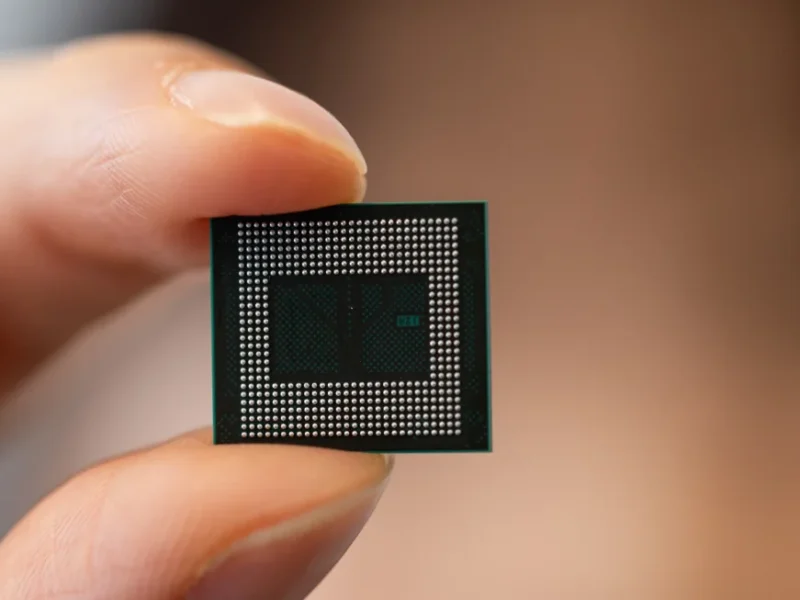South Korea’s President Yoon Suk Yeol revealed on Tuesday that his nation will inject 9.4 trillion won ($6.94 billion) into artificial intelligence initiatives by 2027, aiming to uphold its prominent global standing in cutting-edge semiconductor chips. This declaration encompasses a separate 1.4 trillion won allocation to nurture AI semiconductor enterprises. It comes amidst South Korea’s endeavor to keep pace with countries like the United States, China, and Japan, all of which are providing substantial policy backing to fortify semiconductor supply chains domestically.
Semiconductors constitute a vital pillar of South Korea’s export-oriented economy. In March, chip exports surged to a 21-month peak at $11.7 billion, representing nearly one-fifth of the total exports from Asia’s fourth-largest economy.
Yoon characterized the current semiconductor competition as an industrial and national showdown, addressing policymakers and industry leaders on Tuesday.
Through these earmarked investments and funding, South Korea aims to notably enhance research and development in AI chips, including artificial neural processing units (NPUs) and next-gen high-bandwidth memory chips, as stated by the government. Additionally, authorities will foster the advancement of next-gen artificial general intelligence (AGI) and safety technologies surpassing existing models.
Yoon has outlined an ambitious goal for South Korea to rank among the top three nations in AI technology, including chips, and capture a 10% or higher share of the global system semiconductor market by 2030.
Yoon expressed his vision, likening the forthcoming dominance in AI chips to the country’s previous success in memory chips over the past three decades.
He also addressed the recent earthquake in Taiwan, a semiconductor powerhouse, indicating that the impact on South Korean companies remains limited for now, but emphasized the necessity for thorough preparedness against potential uncertainties.











